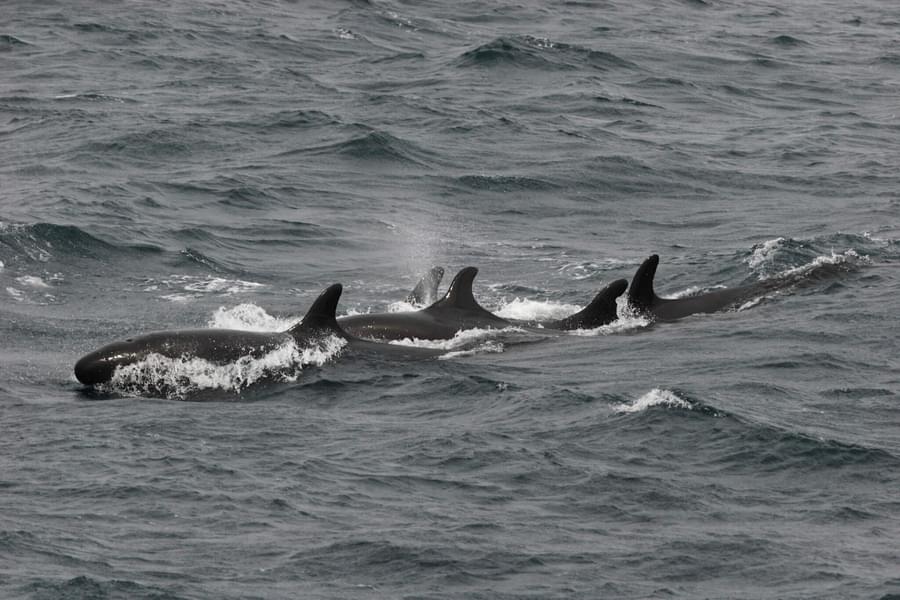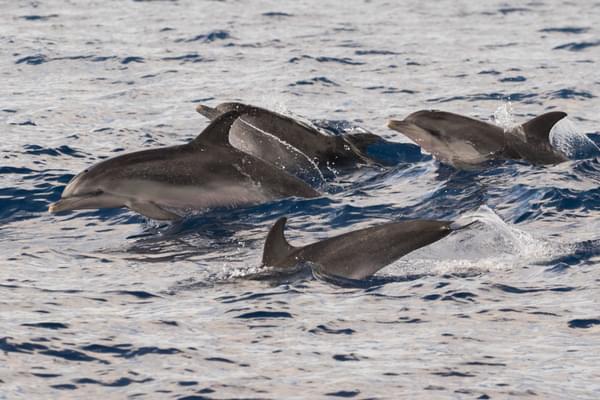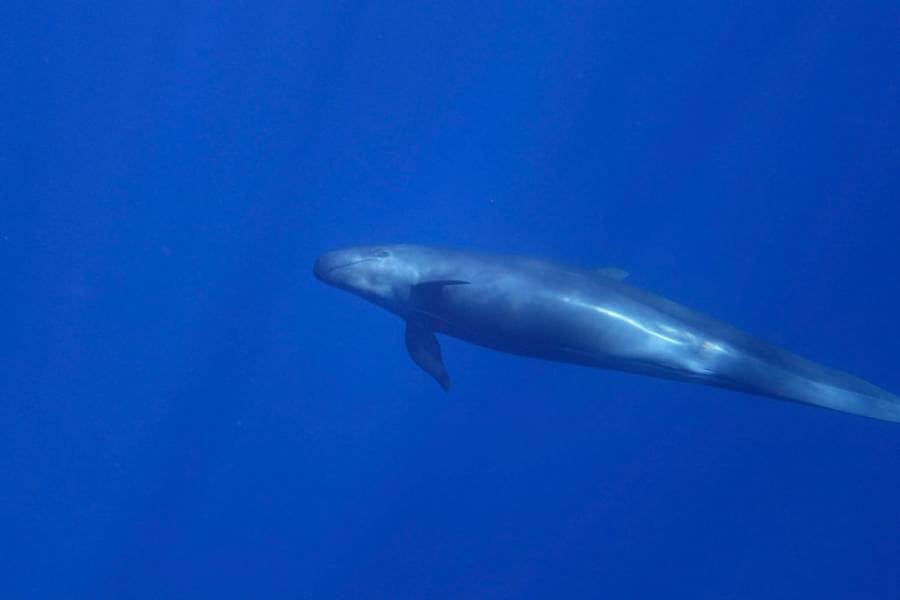A huge pod of 157 false killer whales has stranded on a remote beach in Tasmania.
130 were reported as being alive when reached by wildlife rangers yesterday (Tuesday, 18th February).
Sadly, the survival rate of stranded individuals is low, as their bodies are crushed by their own weight, and the longer they are out of water, the longer the animals will be suffering. Therefore, a decision has been taken to euthanise all of them on animal welfare grounds as their large size, number and the remote geographical location has made refloating impossible.

False killer whales are a large dolphin species in the blackfish family and can reach up to 6m in length. They are a highly social species that gather in pods of 50 or more. Big adults can weigh more than one tonne, according to the US National Oceanic and Atmospheric Administration.
The species is often involved in mass strandings that can “wipe out whole schools involving hundreds of animals”, according to the Australian Museum. But this is the first mass stranding of this species in Tasmania for decades.
Little is known about false killer whales and what we do know is largely down to studying individuals that have stranded.The Australian government lists their conservation status as “near threatened”.

Citizen science is at the heart of everything we do and it's easy to get involved in whale and dolphin conservation with our e-learning courses. Our courses are the perfect introduction to the world beneath the waves and will teach you everything you need to know about spotting, identifying and record vital scientific data on these incredible animals so that you too can help ORCA's conservation work. Visit learn.orca.org.uk to find out more and start your journey to helping us protect whales and dolphins.

